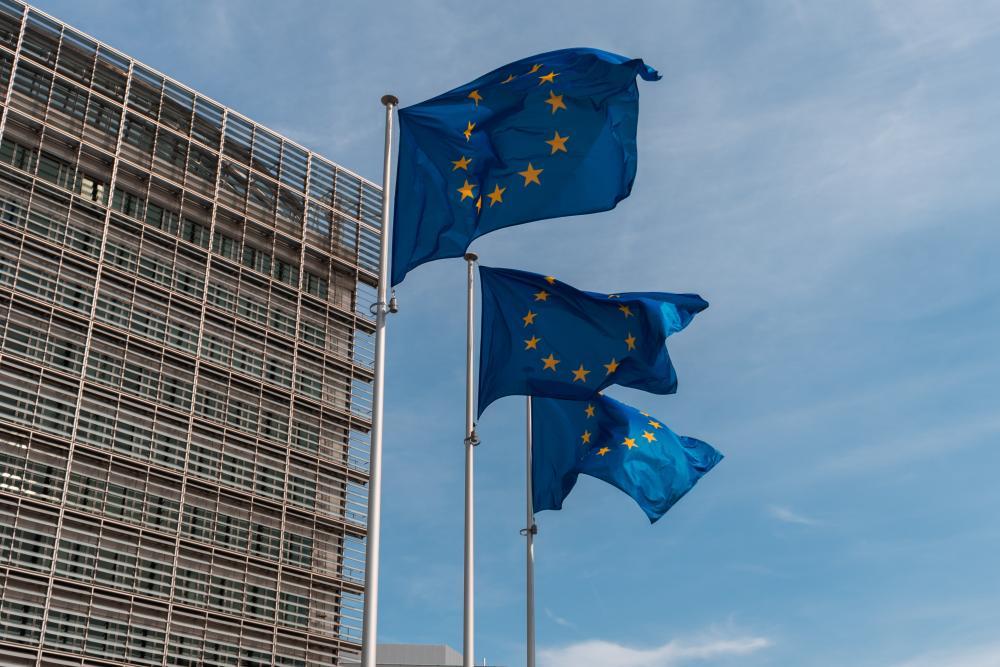On 24 June the European Commission adopted its first ever EU Strategy on Victims' Rights for 2020-2025. The strategy sets a number of actions for the next five years, focusing on two objectives: first, to empower victims to report crime, claim compensation and ultimately recover from consequences of crime; second, to work together with all relevant actors for victims' rights.
The European Forum for Restorative Justice (EFRJ) contributed to the strategy by submitting its feedback on the potential of restorative justice in addressing victims’ rights. We highly welcome that restorative justice is mentioned in the strategy.
The strategy recognises restorative justice as important for its first objective, namely empowering victims of crime, for them to participate in criminal proceeding and to recover. It further states that “restorative justice services provide victims with a safe environment to make their voice heard and support their healing process” that there is a “lack of knowledge about restorative justice services among professionals and victims” and that therefore “Member States should ensure high quality standards in delivering restorative justice services and provide for training of restorative justice practitioners. It moreover considers that “the potential benefits of such services depend on the availability, accessibility and quality of restorative justice services in the Member States”. One of the key actions of the European Commission is to “provide EU funding to national victim support organisations and relevant community-based organisations to provide information, support and protection for victims, and to promote restorative justice services”
The strategy foresees the set-up of a Victims’ Rights Platform with the main organisation in the field as well as civil society organisations, with the aim to facilitate continuous dialogue, exchange of best practices and cross-fertilisation.
Regarding the claiming of compensation it seems that the strategy has not fully incorporated the holistic approach suggested by Special Adviser, J. Milquet, namely to move from a pure compensation approach to a more holistic approach towards reparation. Therefore, also the potential of restorative justice in this regard has not been included.
We consider this strategy as an important step forward in the recognition of the European Commission of the potential of restorative justice in the field of victims’ rights. We will further engage our policy activities in this regard.


